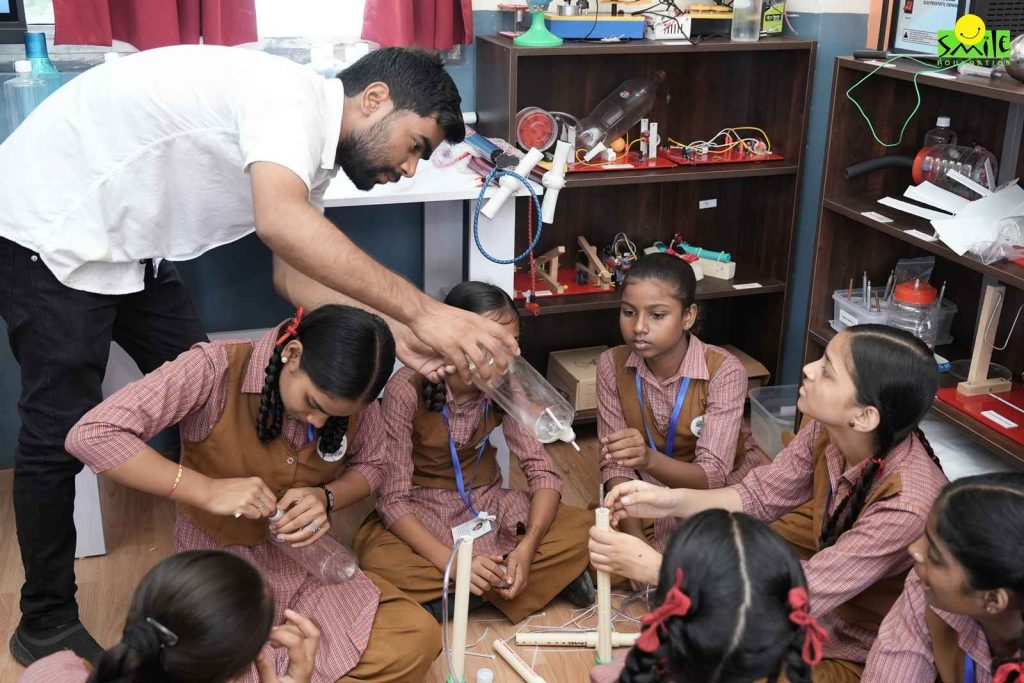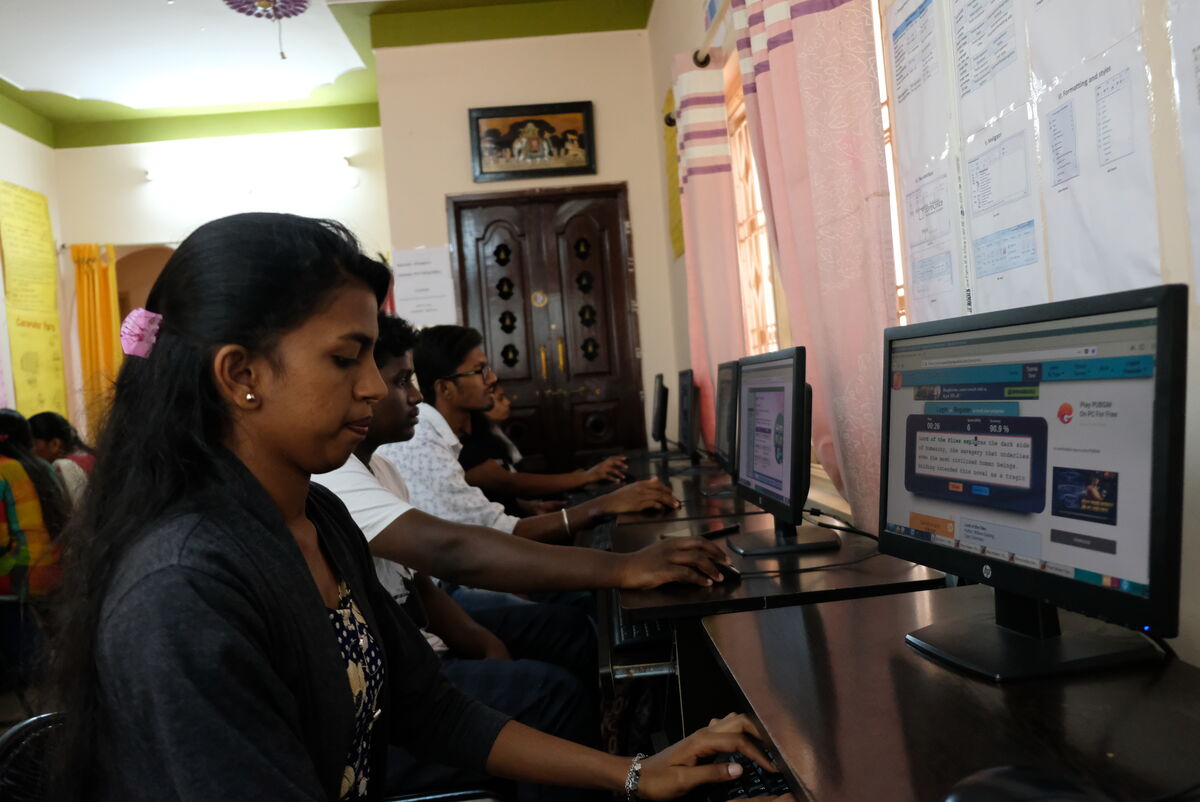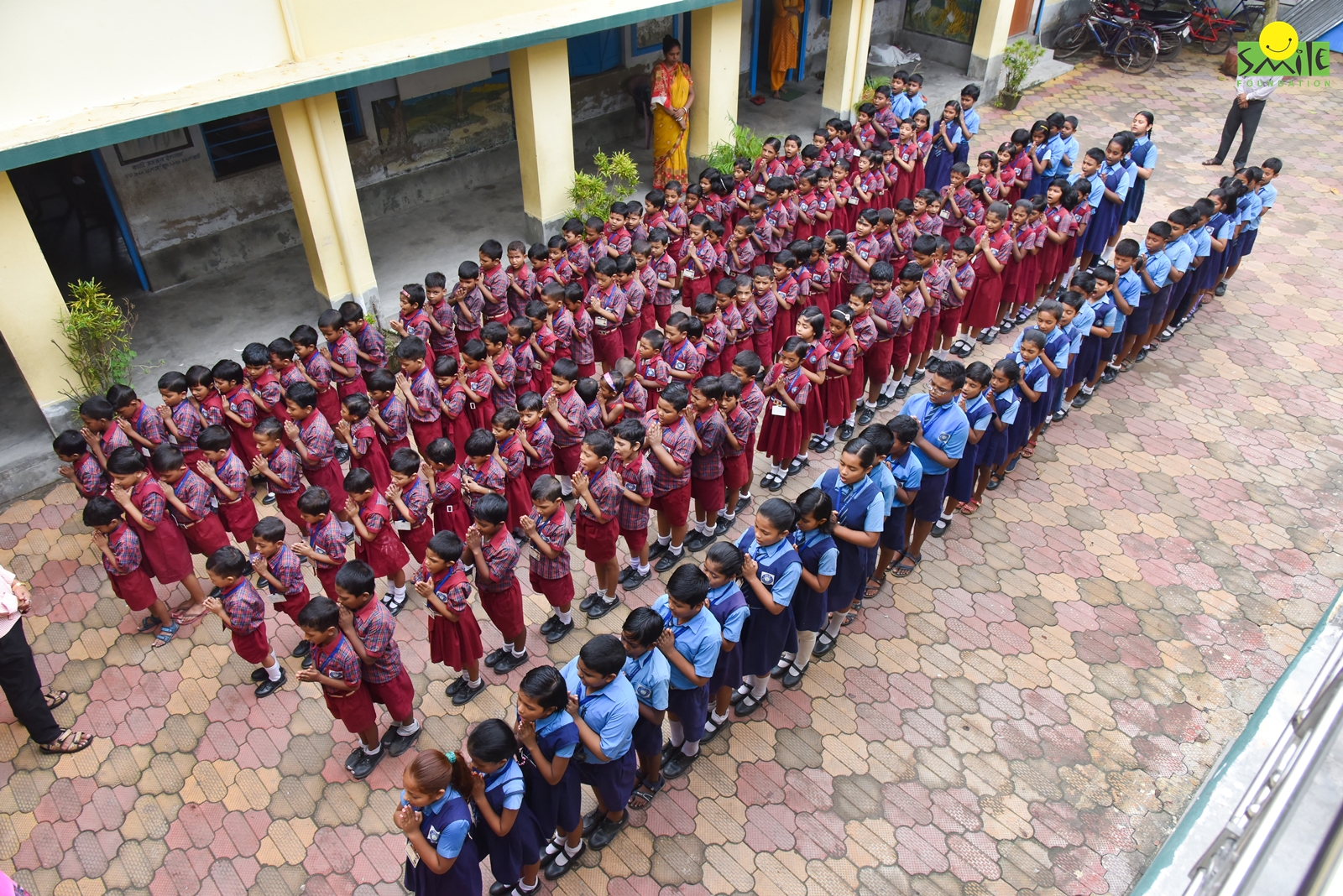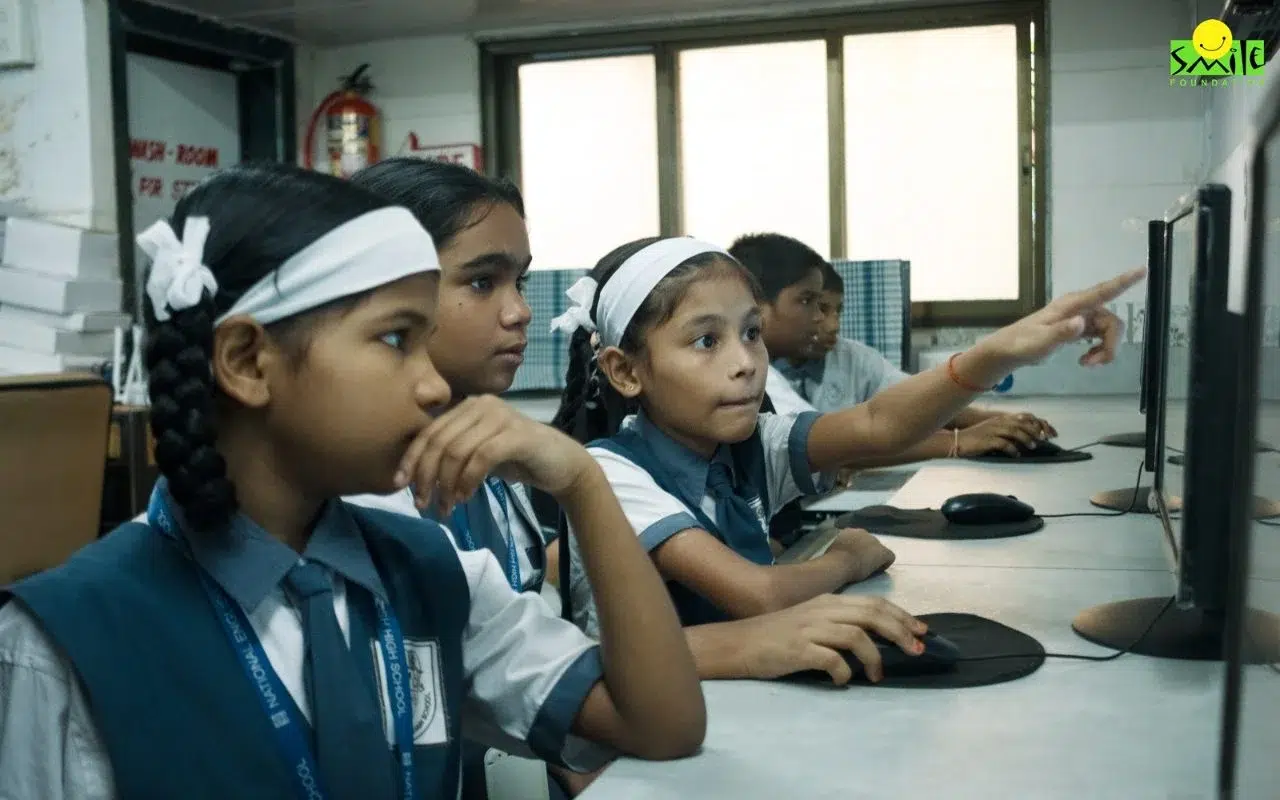Haven’t we all just read textbooks, completed loads of homework, memorised notes and taken exams? The Indian education system has long emphasised the necessity of getting marks through rote learning and exams. There is little emphasis on developing critical thinking and problem-solving abilities or generating new ideas. Admission to esteemed colleges has become extremely challenging, with only a handful of students securing acceptance.
The rest of the students enrol in private colleges that charge high fees. As a result, traditional schools and systems are being abandoned by parents, who are now willing to pay high prices for private schools that offer a more modern curriculum aligned with the Western educational system.
The necessity of the hour is to make the educational system relevant by combining the best of both worlds. In addition to studying from books, participating in real-world activities and experiences will offer students the knowledge and confidence they need to excel in the workplace.
The Evolving Education System in India
Schools and colleges in India are gradually modifying their curriculum and instructional techniques. Some initiatives that have been taken following government guidelines include the use of digital technologies in classrooms, professional development for teachers, a concentration on project work in disciplines, introduction of new subjects, multiple ways of doing project work and student exchange programmes. The common entrance test across central universities is another step forward to make education accessible and inclusive. Let us explore some ways that India is keeping its education system relevant.
Digital Education
The recent COVID-19 Pandemic has formalised the use of digital technologies in education. These digital tools have caused a fundamental change across the education sector. Adoption of digital tools in classrooms (e-learning platforms, smart classrooms) help to increase students’ enthusiasm for schoolwork and classroom learning.
E-learning educates students in essential digital literacy skills, enabling them to navigate digital environments, utilize various technologies, and critically assess online information efficiently. It promotes accessibility, adaptability, and diversity, and employs diverse multimedia resources to make learning dynamic and engaging. It also bridges the divide between theoretical concepts and practical applications.
The National Education Policy (NEP) 2020
The National Education Policy (NEP) 2020 is an important reform launched to improve education countrywide. It is consistent with India’s commitment to SDG 4: ensuring inclusive, equitable, and excellent education and fostering lifelong learning opportunities for all by 2030.
The NEP aims to transform India into a global knowledge powerhouse by providing high-quality education rooted in Indian values. The policy emphasises a number of critical issues, including: recognising and nurturing the unique capabilities of students, holistic development, multidisciplinary education, etc. Key skills include creativity, critical thinking and innovation. NEP 2020 seeks to integrate vocational education into regular education across all boards in India.
Making the Youth Employable
According to the India Skills Report, Indian youth’s employability was about 50.3% in 2023. Universities recognizse the importance of skill development, upskilling and hands-on learning. They are developing apprenticeship degree courses in collaboration with an industry for a specific job function to train the apprentice in both the theoretical and practical parts of the job. It combines a standard academic curriculum with on-the-job training under the expert supervision of master trainers, craftsmen, or supervisors from the appropriate industry. These programmes promote socially disadvantaged youth’s access to school by allowing them to contribute to their families’ income while learning.
Introduction of New Subjects
Several CBSE and ICSE schools have introduced new subjects in Classes XI and XII, like fashion designing, mass media and communication, informatics practices, entrepreneurship biotechnology and legal studies in the past couple of years. The introduction of new subjects allows students to supplement their regular stream-related subjects, opening up more prospects for them. To prepare students for the future AI economy, the NEP emphasised the importance of imparting technological expertise as well at all levels of education.
Exchange Programmes
Public and private Indian universities have contributed to evolving Indian higher education through exchange programmes. International collaborations play a crucial role in keeping India’s education system relevant by fostering global exposure and knowledge exchange. Partnerships with prestigious global institutions facilitate student exchange programs, joint research initiatives and the adoption of best practices from around the world.
Inclusivity in Education
India’s focus on inclusivity in education is aligned with the UN Sustainable Development Goals (SDGs), particularly SDG 4: Quality Education. Efforts include gender equality initiatives like Beti Bachao Beti Padhao, scholarships for marginalised communities and programmes for children with special needs. By enhancing access to education in rural areas through satellite schools and mobile classrooms, India aims to ensure that no child is left behind. These efforts contribute to reducing inequalities (SDG 10) and empowering all learners with quality education.
Way Forward
Regular curriculum evaluations and feedback from industry stakeholders will help to maintain the relevance of various programmes like Smile Foundation‘s Mission Education to market demands. A progressive strategy that balances academic quality and practical applicability should be highlighted. Staying up-to-date with trends, encouraging innovation, integrating technology and upskilling educators, schools and institutions will prepare students for the professional world, today’s challenges and future success.









